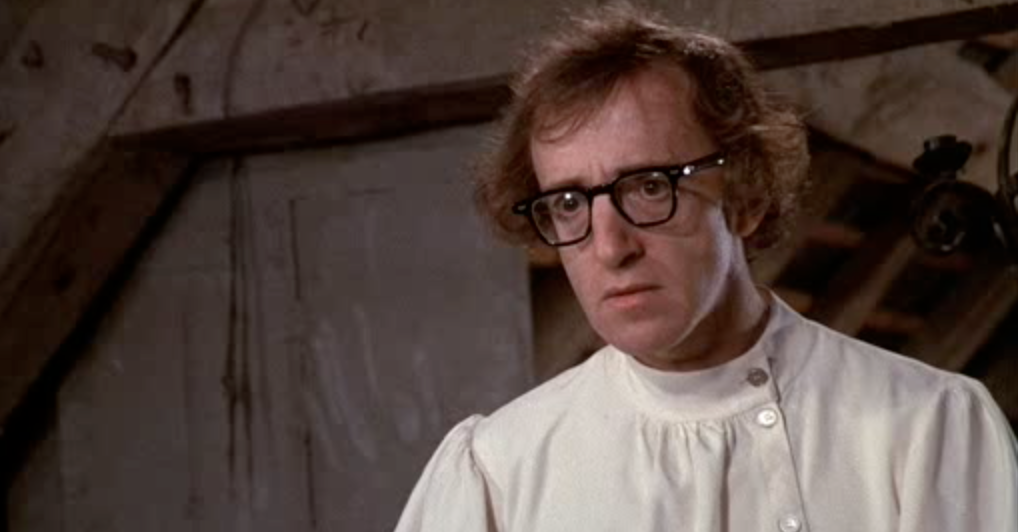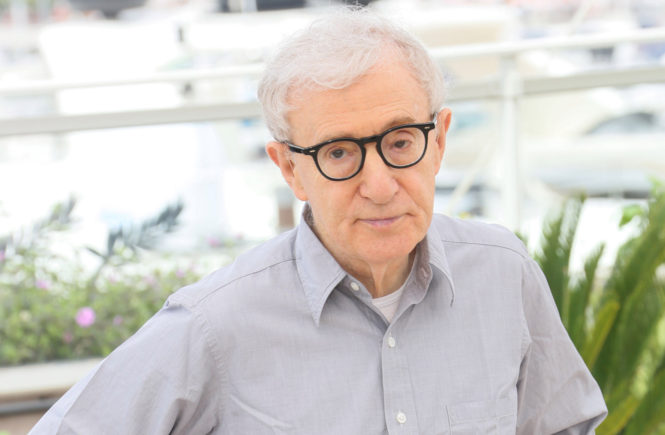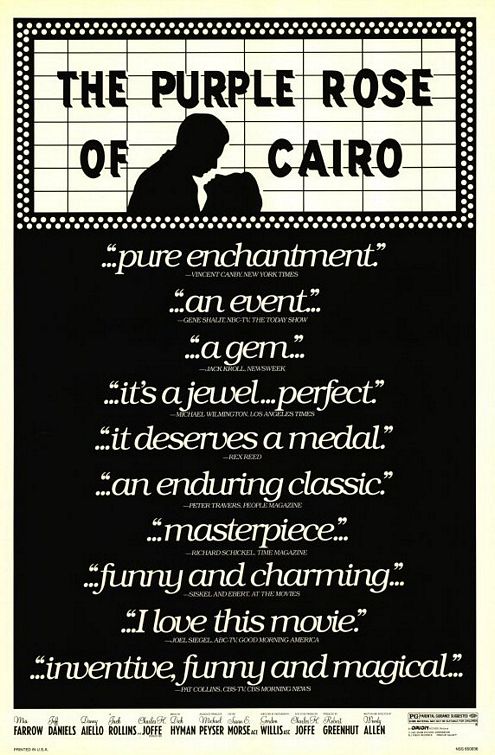
The Purple Rose Of Cairo holds a special place in Woody Allen’s filmography. It is Woody Allen’s own favourite of his films, whilst he consistently rags on just about every other one. Even now, he claims it is the film that is closest to his original vision. From it, we can see what it is that Allen the filmmaker really wants to do. Beloved by critics if not so much by audiences – not only is it great, it’s the the kind of film that only Woody Allen can make.
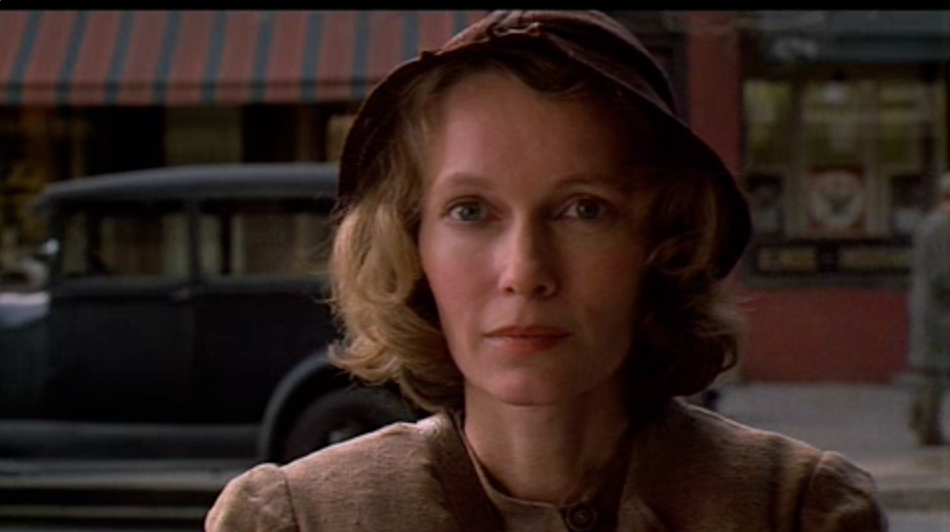
Mia Farrow stars as Cecilia, a down and out waitress in the depression era Jersey. She’s married to a man who beats her, she is poor and unhappy. Her only escape is the cinema, and she sees every film. Black and white dramatic, sophisticated escapades, such as ‘The Purple Rose Of Cairo‘. Just as her life hits bottom, one of the characters in the film leaps off the screen to whisk her away.
This film works on so many levels, it’s tough to know where to start. The story has a fairy tale simplicity, yet avoids cliche. We fall so hard for Cecilia, who is perhaps the saddest and poorest character in all of Allen’s films. Perhaps it’s why this film is not widely loved – it’s called a comedy but it’s actually a tragedy (an idea that Allen would explore more explicitly decades later). every character is a gem, and it’s one of Allen’s more focussed works.
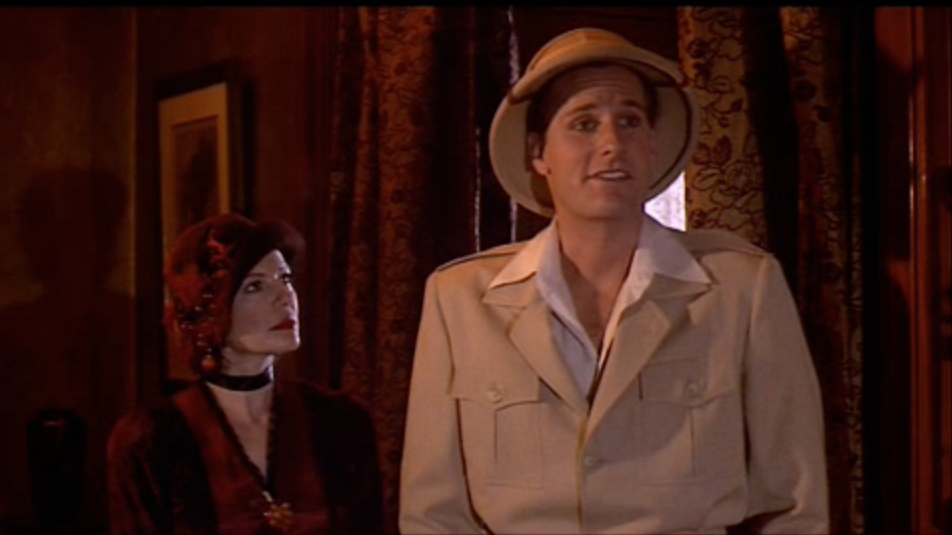
Farrow gives one of her best performances. A complete turnabout from her role in Broadway Danny Rose, she’s mousy, small and natural. And quite a good ukelele player! Jeff Daniels looks perfect as the 20s era film star, played with just enough aw-gosh wide eyed wonder. Danny Aiello‘s Monk is a bit one note, but the other characters in ‘The Purple Rose Of Cario‘ are hilarious. And they look great too – the casting in this film is spectacular. There’s also a great small part from Dianne Wiest.

There are farcical, fantastic elements. And parts of it are laugh out loud funny. Allen’s at home when he wrotes about uppity folks coping with the absurd, and the film characters and the distributors to everyone in the town plays along. There’s a sweeping romance to it, and of course the tragic ending. It’s a rollercoaster ride through all the great film emotions.
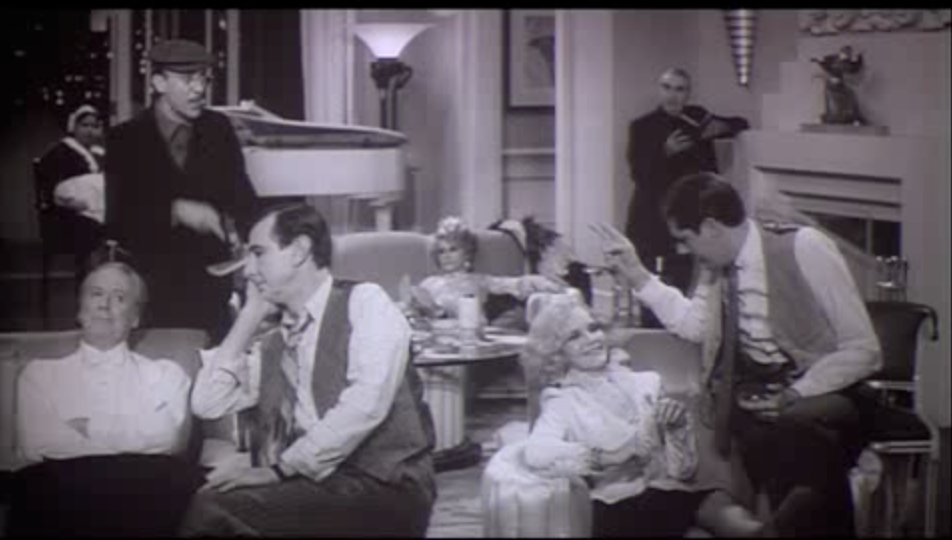
And it might be because this is a big love letter to film. Allen paid tribute to comedy, and will pay tribute to another medium in his next film. But this one is about the movies, and that could be why film critics love it so much. The magic of cinema, and the dream of being swept away, has never been better captured. Especially this depression era of films, ending beautifully with a scene from ‘Top Hat‘, capturing everything great about escapist cinema.
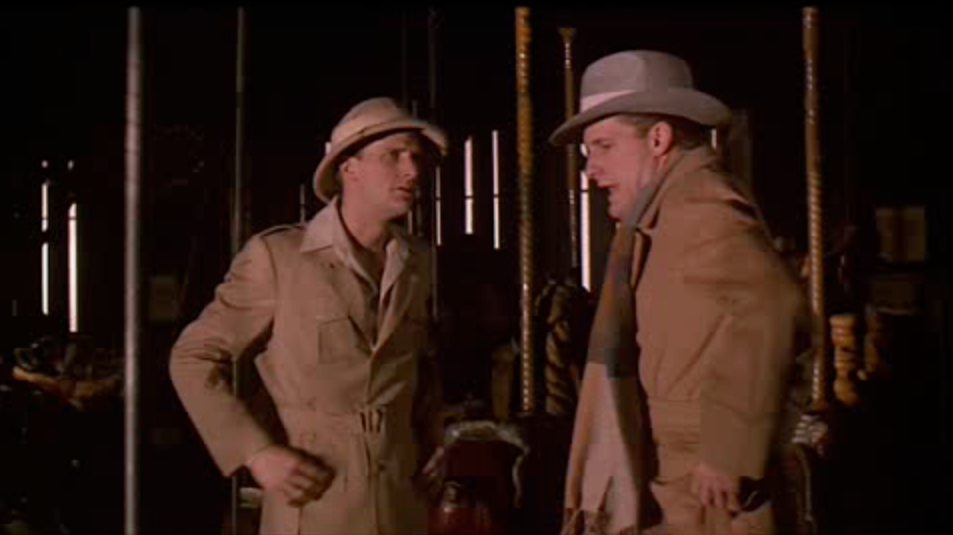
The film looks great. There’s a simple sophistication here. Allen’s playing with film stocks and cameras again to get that old Hollywood feel, but it’s not as showy as Zelig. The scenes with two Jeff Daniels are seamless and appropriately low key, yet there’s the neon lights on Broadway montage – about as classic hollywood as it gets. Yet, the technical brilliance never gets in the way of the story.
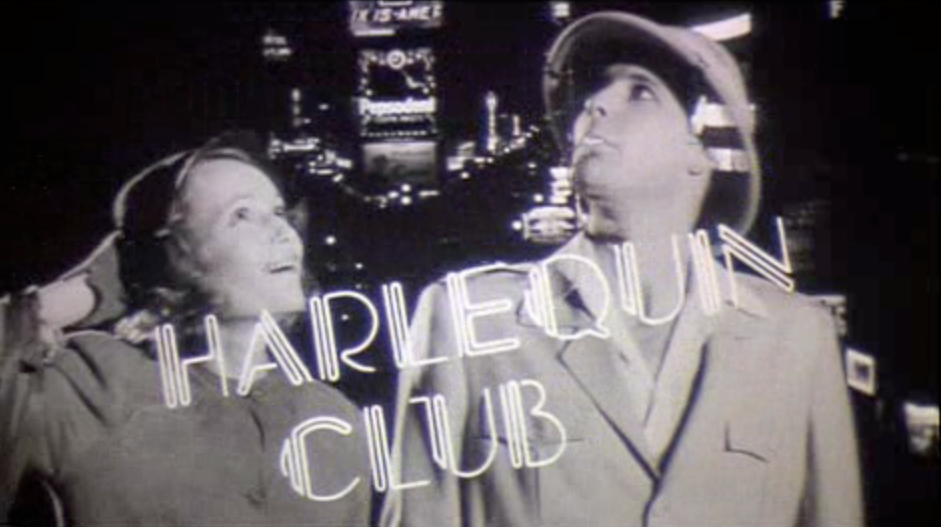
Perhaps the only thing holding back the film is it’s strange title. And the fact that the film is hoplessly sad – and we audiences love a happy ending. And there’s no role for Woody himself, which might be why Annie Hall and Manhattan hold a higher place in his body of work.
And if it’s the closest Allen’s ever gotten to his initial vision, what can we learn about that vision? That his comedies end tragically? Or that life is tragic, but sometimes there’s laughs and magic?
This is a wondeful film – and one of the very best films about film. It’s Woody Allen’s favourite, and one of ours.

